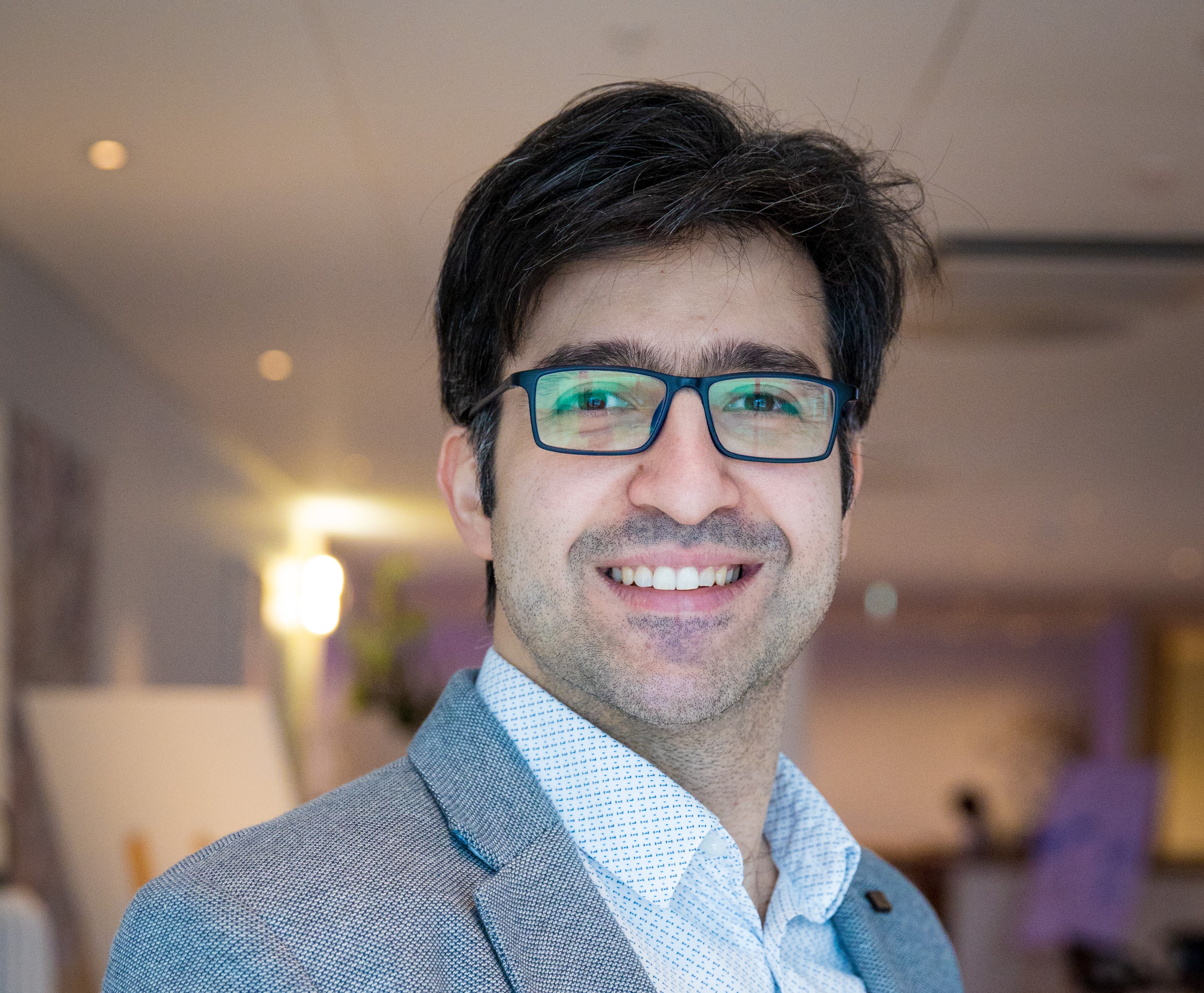Public defence: Utku Ali Rıza Alpaydin defended his PhD at the University of Stavanger 24th of March 2021.

He defended his thesis: University-Industry Collaborations (UICs): A Matter of Proximity Dimensions?
What are your research findings?
The results of my research can be grouped under four general headings: First, the findings demonstrate that the propensity to collaborate with regional versus non-regional universities varies based on the location of actors. While the varying influence of geographical proximity may cause this, it may well also be due to other factors. To better explain the influence of proximity dimensions in UICs, non-geographical proximity dimensions should be included. Second, the importance of proximity dimensions differs between UIC channels. In this regard, the findings indicate that cognitive and institutional proximity have the highest importance for knowledge exploration collaborations, while geographical proximity matters less. For knowledge exploitation collaborations, social proximity is the most important dimension. Organisational proximity matters less for advice-seeking collaborations compared to other UICs. Third, the results indicate a close relationship between the formalisation of interactions and tangible outputs, such as patents, and the contribution of interaction processes in the development of non-geographical proximity, regardless of the UIC type. Finally, UICs motivated by the need for capacity development and relying on cognitive proximity are less sensitive to distance, while geographical proximity matters more for firms intending to create societal impact and which build their collaboration on institutional and social proximity.
My research consists of four different papers. In the first paper, I looked at the co-publication partnerships of Equinor with universities around the world through bibliometric data. In the remaining three papers, I examined the university-industry collaborations in Norway with the data collected through a survey conducted with 1,201 Norwegian enterprises.
How can your research findings be used?
The results of my research can be used to devise several policy measures in order to increase both the volume and the effectiveness of university-industry collaborations. For instance, policy-makers need to develop mechanisms to cover all range of interactions between universities and businesses in order to grasp full advantages of collaborations, rather than emphasizing commercialization and technology transfer activities. Similarly, since firms generally connect to universities in their regions, as suggested by the dominance of university-industry collaborations between the universities and businesses located in the same region, university managers and individual academics should be aware of the breadth of ways in which they can contribute to the growth and development of firms in their regions and attempt to deepen their expertise aligned with the priorities of the industries around them. Finally, businesses need to invest in establishing university collaborations of all sorts not only by considering their geographical proximity to universities, but also by analysing their similarity to universities in cognitive, institutional, organizational and social terms.
Research funding
My Phd research was supported by the European Commission’s Horizon 2020 research and innovation programme under Marie Skłodowska-Curie action [grant agreement No. 722295] RUNIN (The Role of Universities in Innovation and Regional Development) Project and the Centre for Innovation Research (CIR) at the University of Stavanger.
About the candidate
Utku Ali Rıza Alpaydin has a Master of Arts and Bachelor of Science in International Relations from Bilkent University and Middle East Technical University, Turkey respectively, and professional experience as a senior expert on regional development and planning, project management, grant administration and international cooperation. He currently works at the Silkroad Development Agency in Turkey as the head of programme management unit. He lives in Gaziantep, Turkey.